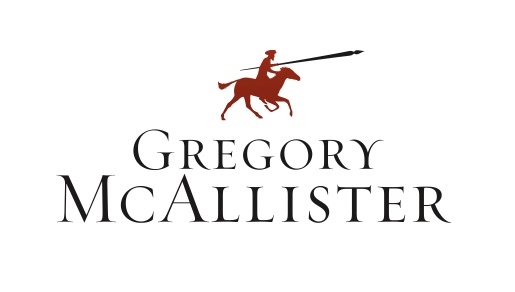Heretics Autonomous
Heresy Today; Dogma Tomorrow
It’s been almost 60 years since Jim Gaffey, in a pique of fraternal correction, reluctantly informed me that he had determined I was a heretic. For me at the time, Jim was a credible authority on heresy. An esteemed upper classman, he’d done graduate work in Church History, had a special teaching assignment at Ursuline High School, and seemed to be rocketing upward toward a Monsignorship in the Santa Rosa Diocese. When he broke the news to me, I knew he was right. In my heart I was a heretic. It only remained for me to understand what that really meant.
I had read about many cool heretics - Galileo, Bruno, Joan of Arc, Luther - but I wasn’t sure what made them heretics. Was it holding ideas contrary to Catholic dogma? Was it claiming to have a direct path to God? Was it trying to destroy the Church? Being an early and avid disciple of Cornelius Burns, I decided to look up the original meaning of the word.
“Heresy” comes from the Greek haerein, meaning “to take for oneself, to choose.”
That’s interesting, I thought. It doesn’t matter what ideas you’ve chosen to believe; its the choosing itself that is grounds for heresy. As Father O’Neill told us, the Church was always very fair to heretics, always gave them every chance to change their minds and repent. Only when they chose not to recant, only when they opted to continue choosing for themselves rather than submitting to the choices the Church had already made for them were they excommunicated and burned at the stake,.
Since being outed as a heretic in 1966, I’ve become quite comfortable as a member of the heretics club. I like being able to choose what I believe and what I don’t. In recent years, I’ve even noticed that many other semneti seem to be joining the club. But I never expected see my old Inquisitor, Monsignor Gaffey, appear at one of our meetings. Yet here he is, daring to go where no nonagenarian has gone before, first attempting to single-handedly deconstruct the entire Western philosophical canon, then daring to introduce subtle bits of Trumpian heresy into our usually politically-orthodox Semnet discussions, and now threatening to unleash Jacques Derrida, one of the great heretics of the 20th century, on our hallowed Resurrection narratives.
The world has indeed changed since 1966. I say, “Welcome, Brother Jim, to Heretics Autonomous!”
